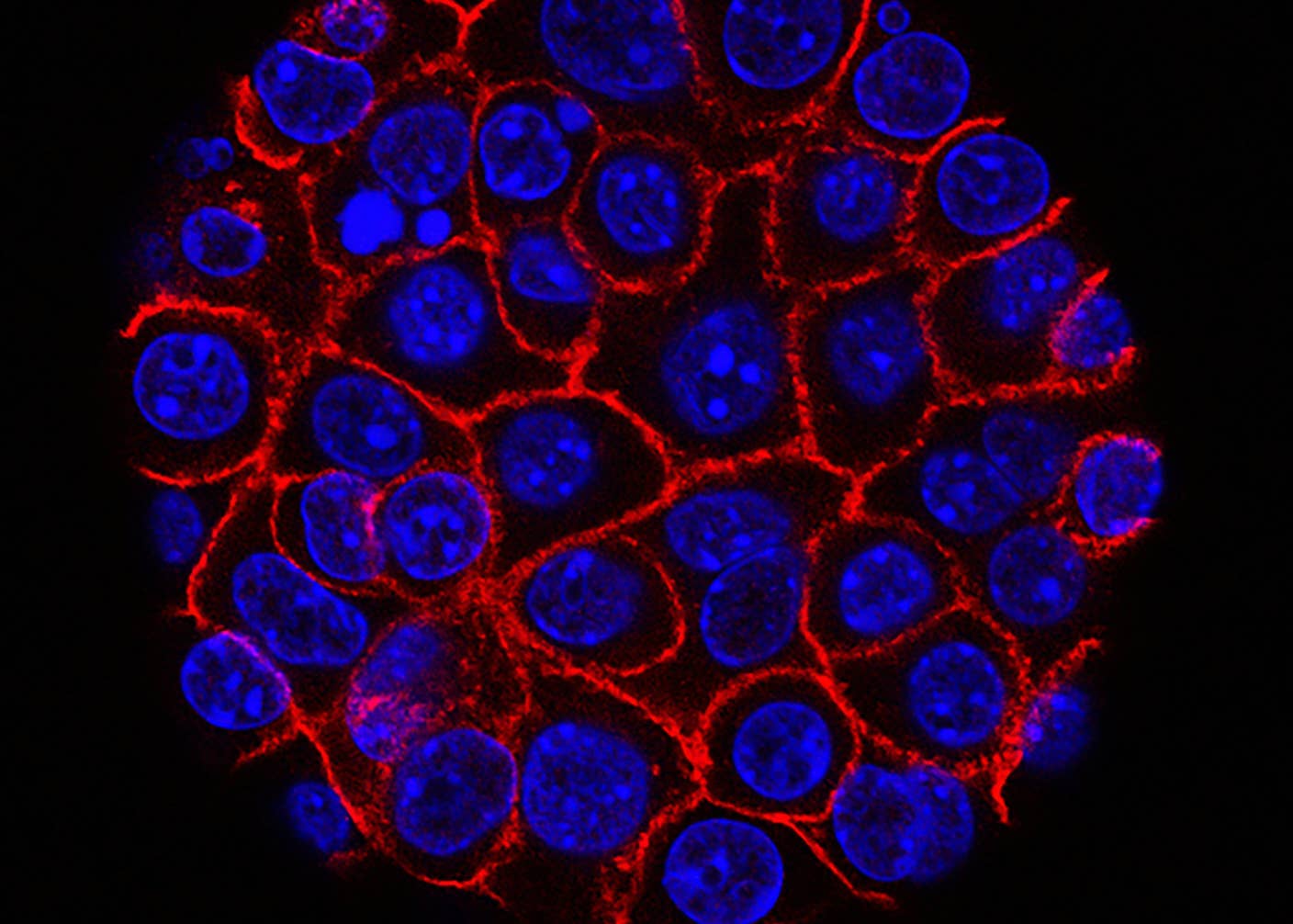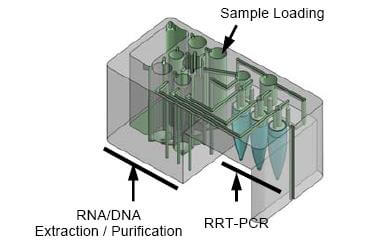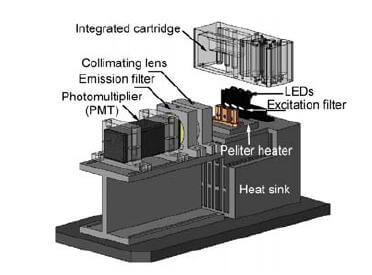Singapore’s MicroKit Could Screen for H1N1 While You Wait in Airport

Share
The Institute of Bioengineering and Nanotechnology (IBN) in Singapore has developed an automated testing device that could enable mass screening for viruses in airports and other public places. The MicroKit requires a minimum of training to use: the operator simply pipettes a blood sample into a disposable cartridge and the machine does the rest. According to results recently published in the journal Lab on a Chip, the MicroKit can detect H1N1 (swine flu) as accurately as traditional lab techniques but in only two and half hours. This would make it possible to routinely test travelers in airports and customs stations to prevent epidemic outbreaks. IBN partnered with SG Molecular Diagnostics to develop the MicroKit for commercial sales back in 2009 and hoped to have launched the product some time this year. Whenever it arrives the MicroKit promises to bring new opportunities and concerns in the fight to stop the spread of diseases like influenza, dengue fever, and HIV/AIDS.
Most laboratory testing to detect disease takes hours and the work of highly trained technicians. The MicroKit cuts the time required for these tests down drastically (less than an hour in some cases), is designed to be easy for the novice to use, and is portable. That's a magic formula. And it gets better. The disposable cartridges used in the MicroKit contain all of the needed reagents in the right amounts, but they don't have movable parts, making them easy to mass produce. This means the MicroKit won't only be faster than normal lab work, but probably cheaper as well.
How will we use this new technology? IBN seems focused on the mass screenings of travelers, but there are equally important applications for third world testing. We could have custom agents collecting blood samples to stop the spread of H1N1 or the next scary flu virus, but that's going to be a privacy nightmare. Voluntary screenings are much more appealing to me. A single person with a MicroKit could test remote villages on their own - which could help with the HIV pandemic, as well as with Malaria and other diseases.
Be Part of the Future
Sign up to receive top stories about groundbreaking technologies and visionary thinkers from SingularityHub.


If the MicroKit becomes cheap enough we could use them to routinely screen the people in population centers that are most at risk for flu epidemics, such as nursing homes and schools. Neither doctors nor lab technicians would be needed to quickly screen patients and stop the spread of disease. Who knows, one day such kits could even be cheap enough for people to own in their homes. If they were made very very simple, we could screen ourselves and avoid others if contagious.
For those interested in its inner workings, the MicroKit contains a minithermal cycler, a single color 3-chamber fluorescence detector, pneumatic fluidic delivery system. The MicroKit can perform DNA/RNA extraction/purification very quickly (reportedly less than 6 minutes in some cases) and combines this with real time reverse transcription polymerase chain reaction (RRT-PCR) to detect viral loads.
The MicroKit is still under development, but its current capabilities are impressive. It can detect viral loads as low as 100 copies per microliter - not as sensitive as the most advanced manual lab techniques, but good enough for many applications. Current cartridge design would allow for the screening of up to three diseases at the same time. Dr. Mo-Huang Li, who lead the development team, hopes that the next phase of the MicroKit will be able to screen for 25 using just one cartridge. As the MicroKit continues to improve it has the potential to become an 'all in one' testing device. A single sample of blood, a single machine, and a few hours could tell you whether you have any number of diseases. That's damn cool.
[image credits: IBN]
[source: IBN Press Release (PDF), Xu et al Lab on a Chip 2010, A-Star Press Release]
Related Articles

These Supercharged Immune Cells Completely Eliminated Solid Tumors in Mice

New Device Detects Brain Waves in Mini Brains Mimicking Early Human Development

This Week’s Awesome Tech Stories From Around the Web (Through February 28)
What we’re reading


